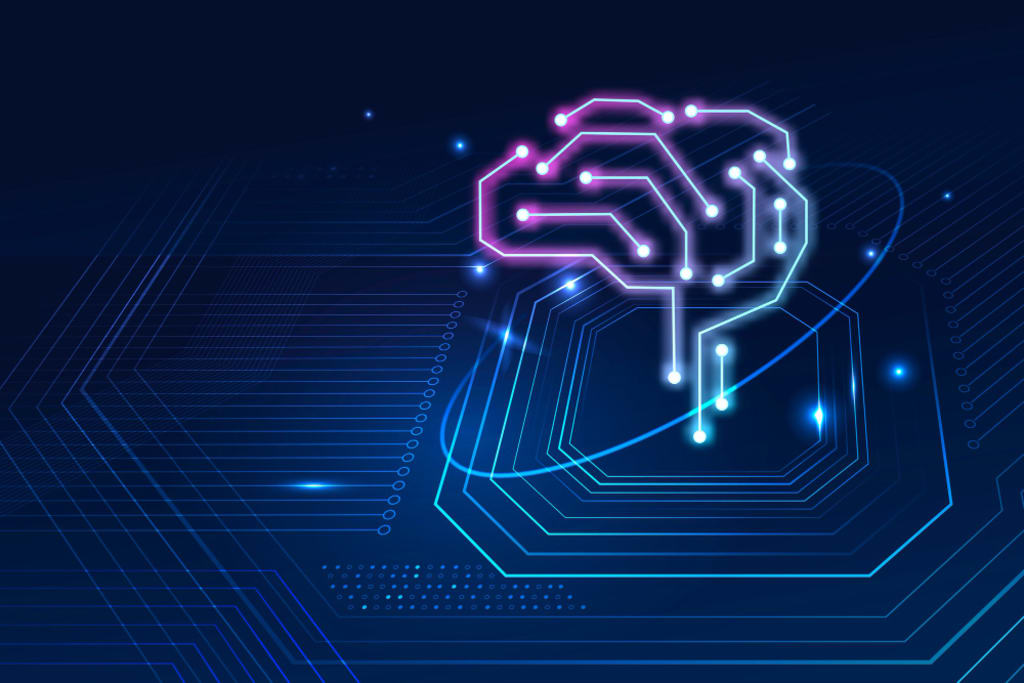The Ethical Implications of Advanced AI Technology
AI Technology

Artificial Intelligence (AI) technology has progressed rapidly in recent years, making significant contributions to many fields, including healthcare, finance, and transportation. However, as the capabilities of AI systems expand, so do the ethical concerns surrounding their use. In this article, we will explore the ethical implications of advanced AI technology, including issues related to privacy, bias, and accountability.
Introduction
The introduction of advanced AI technology has revolutionized the way we live and work. However, as the technology continues to evolve, so do the ethical concerns surrounding its use. The use of AI systems raises complex ethical questions that require careful consideration. In this article, we will examine the ethical implications of advanced AI technology, including the potential consequences of its use and how it can be used ethically.
Understanding AI Technology
Before delving into the ethical implications of AI technology, it is essential to understand what it is and how it works. AI technology is a branch of computer science that aims to create intelligent machines that can perform tasks that typically require human intelligence, such as speech recognition, decision-making, and problem-solving. AI systems use algorithms, machine learning, and deep learning techniques to learn from data and improve their performance over time.
Ethical Implications of Advanced AI Technology
Privacy Concerns
One of the most significant ethical implications of AI technology is the potential impact on privacy. AI systems collect vast amounts of data from individuals, including personal information, search history, and location data. This data can be used to develop predictive models that can be used to make decisions about individuals' lives, including their creditworthiness, job prospects, and healthcare outcomes. The use of AI technology raises questions about how this data is collected, stored, and used and who has access to it.
Bias in AI Systems
Another ethical concern related to AI technology is the potential for bias in AI systems. AI systems are only as unbiased as the data they are trained on. If the data used to train AI systems is biased, the resulting models will be biased as well. This bias can result in unfair treatment of individuals and groups, leading to discrimination and other harmful outcomes. Addressing bias in AI systems is essential to ensure that they are fair and just.
Accountability
As AI systems become more autonomous, there is a growing concern about who is accountable for their actions. When a human makes a mistake, they can be held accountable for their actions. However, when an AI system makes a mistake, who is responsible? The lack of accountability in AI systems raises questions about who is liable for the harm caused by these systems.
Automation of Jobs
AI technology has the potential to automate many jobs that were previously performed by humans. While this can lead to increased efficiency and productivity, it can also result in job loss and economic disruption. The ethical implications of job automation need to be carefully considered, including how to ensure that those who are affected by it are supported.
Safety Concerns
Finally, the use of advanced AI technology raises concerns about safety. As AI systems become more complex and autonomous, there is a risk that they may cause harm to humans. This includes physical harm, such as in the case of autonomous vehicles, as well as harm to individuals' privacy and security.
How to Address the Ethical Implications of AI Technology
Ethical Guidelines
One way to address the ethical implications of AI technology is to develop ethical guidelines for its use. These guidelines should outline the principles that should guide the development and use of AI systems, including principles related to transparency, fairness, and accountability.
Transparency
Another way to address the ethical implications of AI technology is to ensure that AI systems are transparent. This means that individuals should be able to understand how AI systems make decisions and what data is being used to inform those decisions. This can help to increase trust in AI systems and reduce the risk of bias.
Bias Mitigation
To address bias in AI systems, it is important to implement strategies for bias mitigation. This can include diversifying the data used to train AI systems, developing algorithms that are more transparent and explainable, and increasing diversity in the development teams responsible for creating AI systems.
Accountability
To address the lack of accountability in AI systems, it is essential to clarify who is responsible for the actions of these systems. This can involve creating legal frameworks that hold developers and users of AI systems accountable for their actions.
Regulation
Finally, regulation is an essential tool for addressing the ethical implications of AI technology. Governments and regulatory bodies can develop policies and regulations that govern the development and use of AI systems, ensuring that they are used in an ethical and responsible manner.
Conclusion
Advanced AI technology has the potential to transform the world, but it also raises significant ethical concerns. To ensure that AI technology is used in an ethical and responsible manner, it is important to address issues related to privacy, bias, accountability, job automation, and safety. By developing ethical guidelines, promoting transparency, mitigating bias, clarifying accountability, and implementing regulation, we can ensure that AI technology is used in a way that benefits society as a whole.
About the Creator
Rehana Atar
SEO Expert and content writer
Enjoyed the story? Support the Creator.
Subscribe for free to receive all their stories in your feed. You could also pledge your support or give them a one-off tip, letting them know you appreciate their work.






Comments
There are no comments for this story
Be the first to respond and start the conversation.